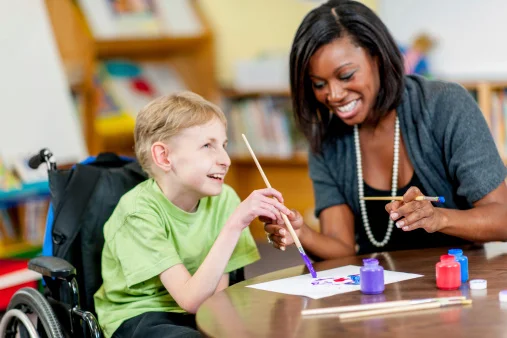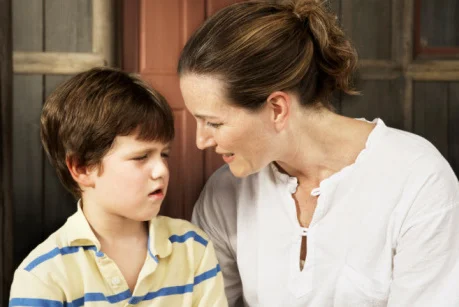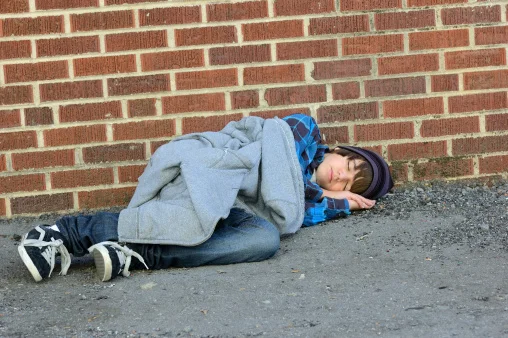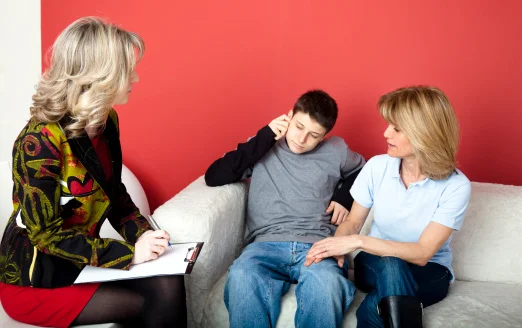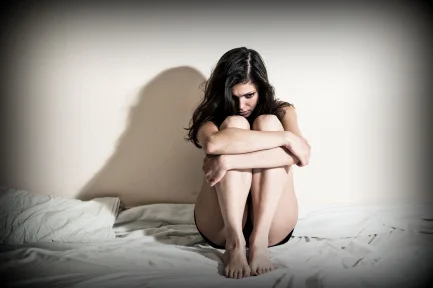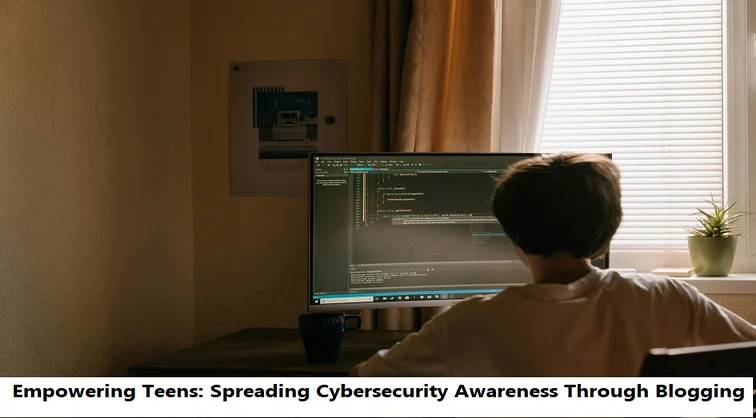+1 845 259 2974 (11 a.m to 7 p.m CST)
When the abuser is family: Dealing with Teen's sexual abuse
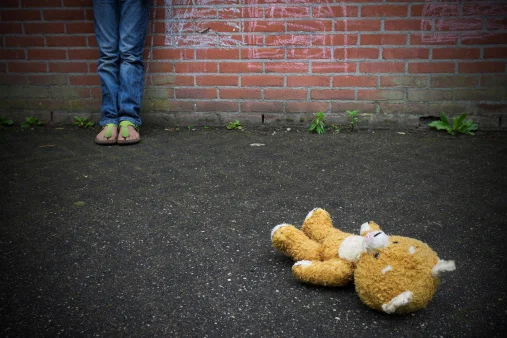
If you were to find out one day that your child has been sexually abused by a family member or a very close family friend, how will you react? It is quite natural that the initial feelings would range between extreme stress, shock, rage, confusion, guilt, disbelief, and denial. But this is how everyone reacts and instead of smoothing out the damage caused to the abused child, emotional responses are more likely to disrupt the entire process of rehabilitating the youth. There are many options that a person can avail and the foremost should be to report the abusive incident to law enforcement. The first step is the most important when dealing with a case of intra-familial sexual abuse.
Lechery defined
Intra-familial sexual abuse means sexual abuse that occurs within the family network. Typically, a family member drags a child (or exposes him/her to) to sexual activities. The abuser might not necessarily be a family member/blood relative; but he/she can be a trusted family friend who is generally considered as an integral part of the family.
Effects of abuse on teens
Children who are abused by adults are most likely to develop trust issues that remain with them for life. The image of all adults in the minds of teens as protectors and nurturers is destroyed in seconds due to a wrong committed by a single sleazy adult. As a result, the entire adult population becomes untrustworthy.
It is very common for children not to report an incident of abuse by a family member because the children blame themselves for the mishap after breaking under the pressure of extreme manipulation.
Children might also be prevented from reporting the incident if the abuser is well liked by the family or if the family is dependent on that person.
Usually, the teen who reports sexual abuse is more likely to suffer the agony of self blame, fear of the abuser, self doubt, and distress. When this happens, there is a good chance that the sexually abused child will opt for ‘taking back’ the disclosure. The child does so under duress and not because he/she is lying about the incident.
In addition, children belonging to cultures which frown upon the idea of discussing sex and sexuality will be most reluctant to report the abuse.
Effects on family
Typically, some family members refuse to believe that the abuser did such a thing and a conflict develops between the rights and wrongs of the incident. Loyalties are split between the abuser and the abused.
A family that is financially dependent on the abuser might want to push the issue under the carpet. Further, loss of friends and acquaintances is also feared if one of the parents is the abuser. To add to the existing problem, conflicting advice from friends, councilors and clerics may divide the parents between different options.
It is very important to keep one’s emotions in check to look at the situation neutrally and to identify successfully the perpetrator who committed the heinous crime.
Last but not the least, the help of a counselor or specialist should be sought to help the child cope with the horrors of that day.
The answer lies in…
Trusting your child: You should believe your child’s version of the events with a cool head.
Forward marching: Level-headed parents are a great source of power for the sexually abused child. Keep it steady.
You can also call the ChildHelp National Child Abuse Hotline to seek expert advice regarding the issue. The National Child Traumatic Stress Network can also prove very effective in coping with the effects of abuse on teens.
Moreover, there are many communities that have Children’s Advocacy Centers (CACs) offering support systems and services to victims of child abuse, especially cases involving sexual abuse.
It is important for parents to realize that the best treatment for their child would be to give them constant support and protection.

